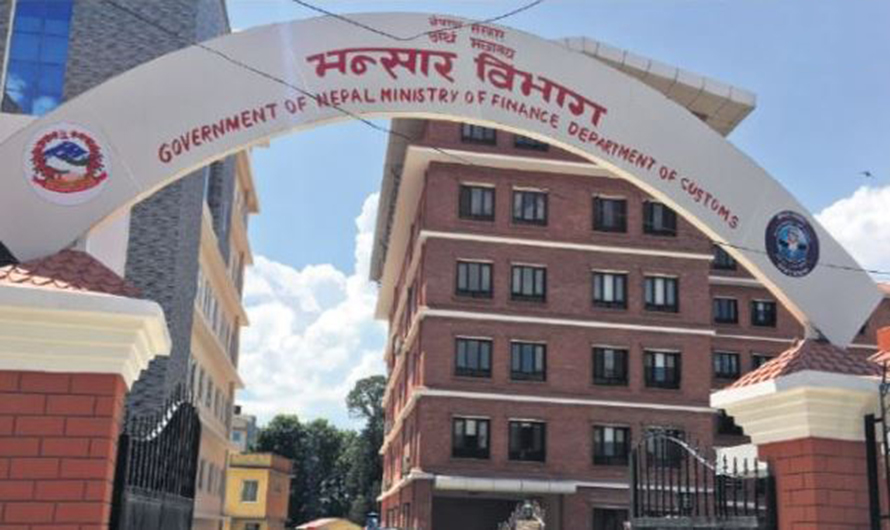- info@mijarlawassociates.com.np
- 9841114443
Some Information related to the Customs duty Laws in Nepal

Customs Law
According to the Kyoto Convention, "customs" is defined as that which administers the laws relating to customs and which puts charges on levied goods. In total, there are 30 customs offices located in Nepal presently. Customs duties are charges levied on goods when cross international borders and are generally assessed based on the cost, insurance, and freight value. In Nepal, imported goods are also liable for a value-added tax (VAT) of 13 % levied on CIF (Customer Identification File/Form) plus customs duty value.
Nowadays, the Tribhuvan International Airport has tightened to discourage the imports of large numbers of gold, alcohol, and mobiles from abroad, as many illegal transactions in gold and liquor are increasing day by day. Only 1 liter of alcohol can be brought from abroad. A TV larger than 32 inches has to pay customs duty according to the inch. It is fully customs exempt while bringing 1 computer/laptop or tablet, camera, video camera, mobile, watch, and pen drive. Also, there is no custom to be paid for bringing the baby perambulator and tricycle.
It is allowed to bring a TV up to 32 inches and one new mobile for those Nepalese who have spent at least one year abroad. Doctors are allowed to bring a blood pressure measuring device, a stethoscope, and sports equipment for athletes. Instruments like the guitar, harmonium, etc. need not pay customs.
There is no customs duty on certain old personal items like: - clothes, household items, bedding, etc. Also, food items up to 7 kilograms are allowed. Customs duties on medicines are also exempt for those citizens who have gone abroad for medical treatment for their own purposes and for materials brought for the support of the physically challenged person.
Those who have stayed abroad for more than 6 months and up to 1 year and come back with a value of up to 15,000 rupees, and if they have stayed for more than a year, up to 25,000 rupees if they bring a specified quantity of various items, there is a provision to keep a separate record without filling out a customs declaration form. Also, in this facility, radios, music and video players, washing machines, fans, and refrigerators can be brought.
Likewise, in the case of bringing the gold, Nepali workers returning from working abroad can bring 100 grams of raw gold, which have to be tax-paid. The tax at the rate of 9,500 rupees per 10 grams is being charged for bringing up to 50 grams of gold, according to which the customs duty for 50 grams is 47,500 rupees. And if you bring more than 50 grams of gold, a tax of 10,500 rupees per 10 grams will be charged on that extra gold. Following this, a customs duty of 52,500 rupees should be paid for the additional 50 grams. Hence, bringing more than 100 grams of gold will lead to confiscation of that gold. If someone brings more than 50 grams of gold jewelry, the person will be charged 10,500 rupees per 10 grams, and in the case of bringing more than 100 grams of gold, the custom duty will be charged at the rate of 12,500 rupees per 10 grams of the gold. Also, for those who are arriving with wearing gold ornaments in larger quantities than that, they will all be confiscated.
 Nep
Nep En
En